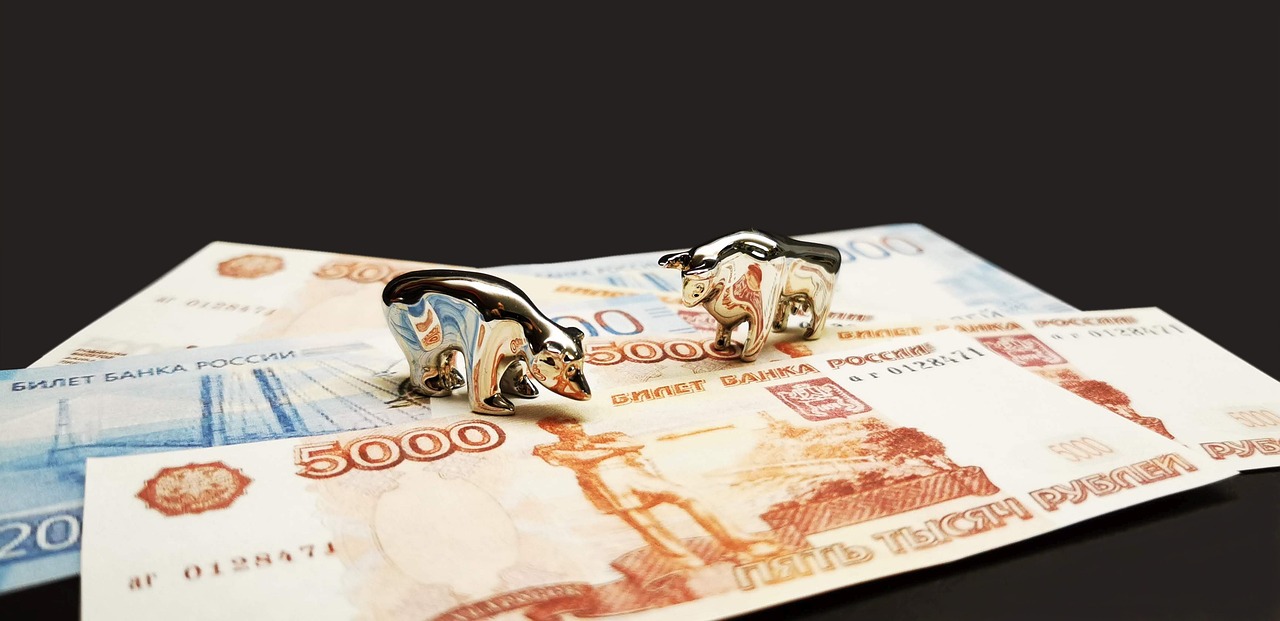Brussels vs. Washington: the deal with the US may not free Russia from European sanctions
13 March 15:46
The Kremlin has asked Russian companies to suggest which sanctions should be lifted first before negotiations with Washington begin. This was reported by Reuters with reference to two representatives of Russian business, "Komersant Ukrainian" reports
According to two sources in the Russian industry, the Ministry of Industry and Trade of the Russian Federation sends out special forms to companies asking them to indicate which sanctions have had the greatest impact on their activities and to identify the most sensitive restrictions.
Reuters spoke to twelve people, including employees of major exporters, consultants, lawyers, economists and advisors. Most of them asked not to be identified so that they could speak freely.
As it turned out, the biggest pain for the Russian economy is the restrictions that prevent cross-border payments.
The people interviewed by Reuters said that payment problems were the most burdensome, although three sources also emphasized sanctions in the energy sector, especially restrictions on the Russian tanker fleet.
“Everything has become much more expensive because of transaction costs and payments through third currencies. So, the most important, the most dangerous, the most painful is the restriction on payments in dollars,”
– said one of them.
US President Donald Trump has threatened to increase sanctions against Moscow if it refuses to negotiate, but hinted at the possibility of easing them if Russia agrees to a ceasefire in Ukraine.
Asked for details on the sanctions that Russia wants to ease, Kremlin spokesman Dmitry Peskov said that it considers all sanctions illegal and subject to lifting.
“As for the details, this is already the subject of negotiations, and here I would like to reiterate my words: let’s not get ahead of ourselves. There is no point in announcing any specific segments before the negotiations begin,”
– Peskov told reporters.
Access to the dollar
Major Russian banks were blocked from using the SWIFT global payment network shortly after the start of the full-scale Russian invasion in February 2022. Without access to the dollar and euro markets, Russian companies were forced to seek workarounds in other currencies and through third countries.
The lifting of these restrictions and sanctions on banks would be a huge boost for Russia, three sources said, although one said it was unrealistic to expect such a favorable outcome in the near future.
Andriy Melashchenko, an analyst at Renaissance Capital, pointed to the possibility that Europe might not follow any U.S. move.
“The lifting of US sanctions will not automatically lift European sanctions or fully restore the payment infrastructure, which means that the recovery of fee income from cross-border transactions will remain limited,” he said,
– he said.
Relaxation of controls on secondary sanctions, which target companies in third countries and allow Russia to circumvent restrictions, is a more likely short-term outcome, two of the sources said.
The lack of clarity on whether secondary sanctions will be applied means that few banks in China are willing to risk possible retaliation, causing payment bottlenecks and increasingly complex steps to avoid delays.
“Workarounds are expensive and slow. We can get equipment and technology through China or the Emirates, but how can we pay for it?”
– says a Russian entrepreneur.
Another interlocutor said that his business “really howled” when China tightened payments last August. For Russian businesses in general, billions of dollars in revenue cannot be settled for goods that have already been delivered, the source said.
Читайте нас у Telegram: головні новини коротко
Frozen assets
Relaxing control over secondary sanctions, which is largely up to the United States, could improve acceptance of Russian payment cards, Mir, an alternative to Visa and Mastercard.
But most of the roughly $300 billion in Russian sovereign assets frozen by the West are in Europe, where leaders have maintained a tougher stance on Moscow than the United States.
“The issue of European sanctions will be on the table, not to mention what happens to the frozen assets. The Europeans will have to make a decision on what they are going to do with these sanctions,”
– said US Secretary of State Marco Rubio on Wednesday.
Therefore, not everyone expects relief. Herman Gref, CEO of Russia’s largest lender, Sberbank, said his institution is working under the assumption that sanctions will, if anything, be tightened.
Eduard Gudkov, deputy chairman of the board of Novatek, a liquefied natural gas (LNG) producer, said last month:
“We should not think that with the easing of geopolitical tensions, our situation will somehow ease.”
EU sanctions against Russia
The European Union has already imposed 14 sanctions packages against Russia in response to its aggression against Ukraine. The sanctions cover a wide range of measures aimed at weakening the Russian economy and limiting Russia’s ability to wage war.
Key sanctions include freezing the assets of Russian high-ranking officials, including President Putin, restricting Russia’s access to EU financial markets, a ban on imports of Russian energy (coal, oil), and restrictions on exports of dual-use technologies and goods that could contribute to Russia’s military capabilities.
The EU also imposed sanctions against Russian banks, excluding some of them from the SWIFT system, banned Russian ships and trucks from accessing EU ports and territory, and restricted the activities of Russian media in the Union. In addition, restrictions were imposed on investments in the Russian energy sector and a ban on the export of luxury goods to Russia.
The sanctions also target individuals and organizations involved in the aggression against Ukraine, including politicians, military, businessmen and propagandists. The EU regularly expands its sanctions lists, adding new names and tightening existing restrictions.
The latest sanctions packages are aimed at combating sanctions circumvention, strengthening export and import controls, and restricting Russia’s access to technologies and goods that could be used for military purposes. the 14th package of sanctions for the first time affected Russian gas, but did not hit it. The 14th package also imposed sanctions on Russia’s SWIFT analog.









